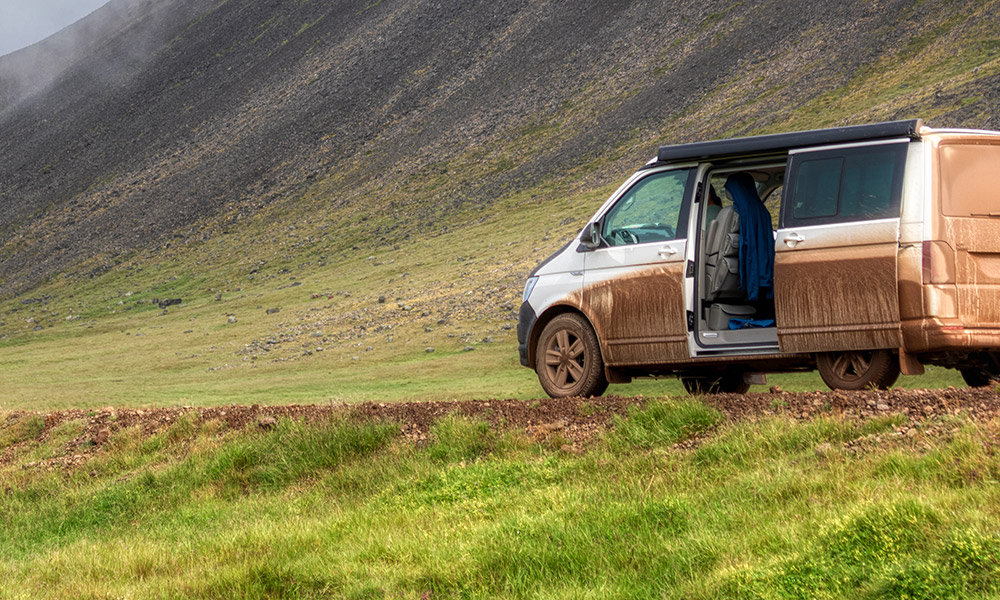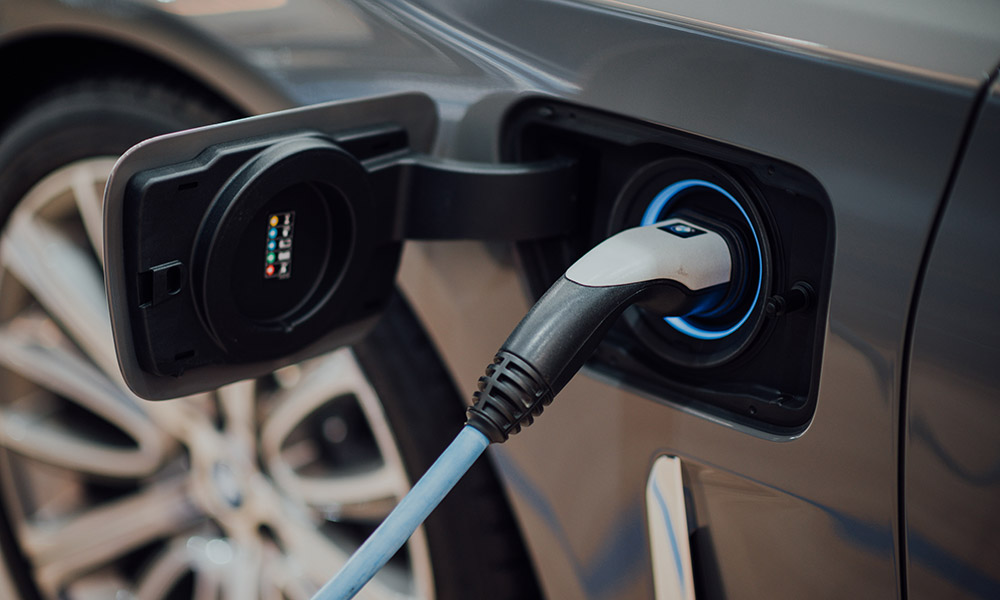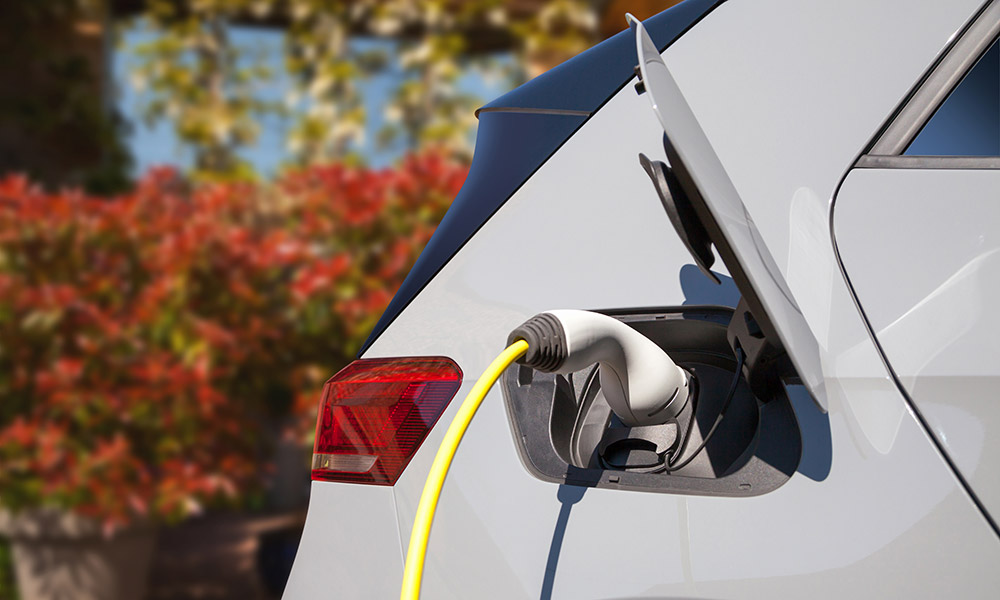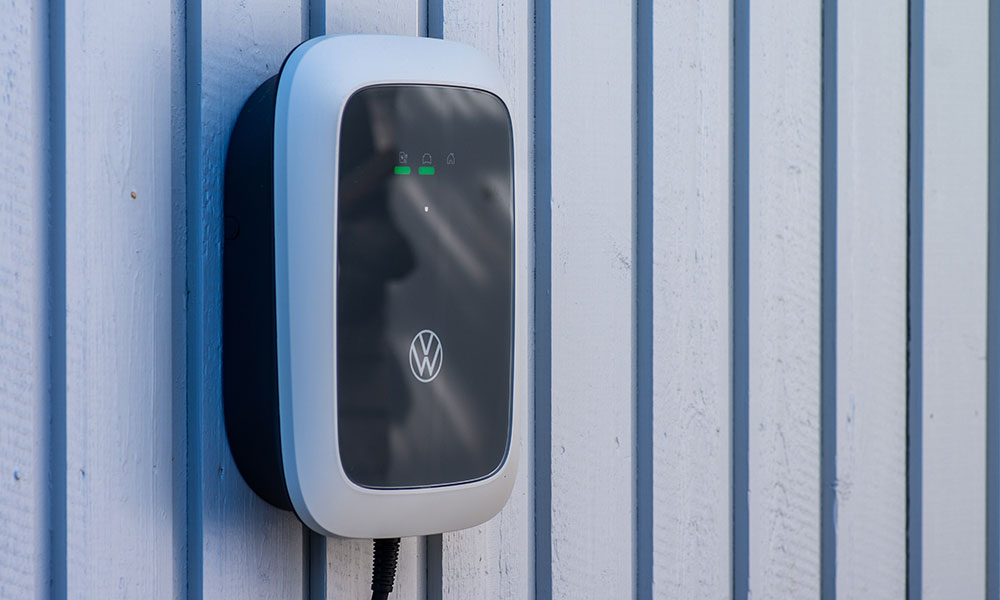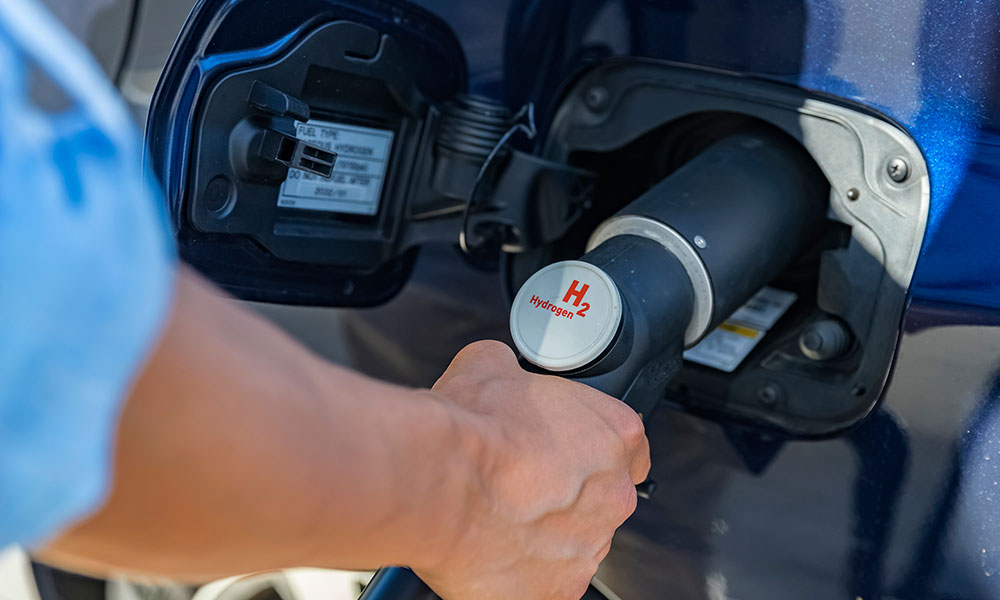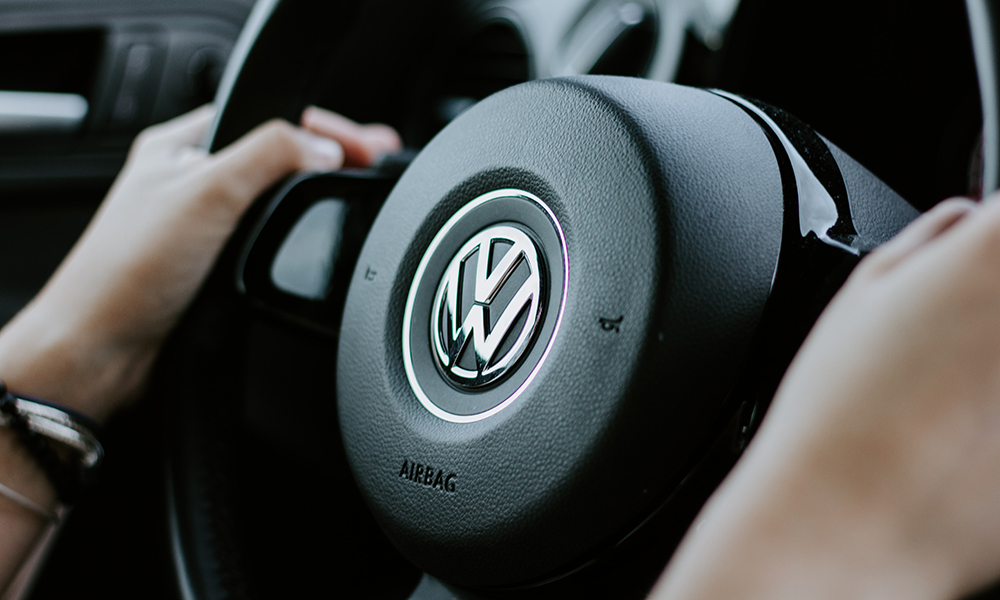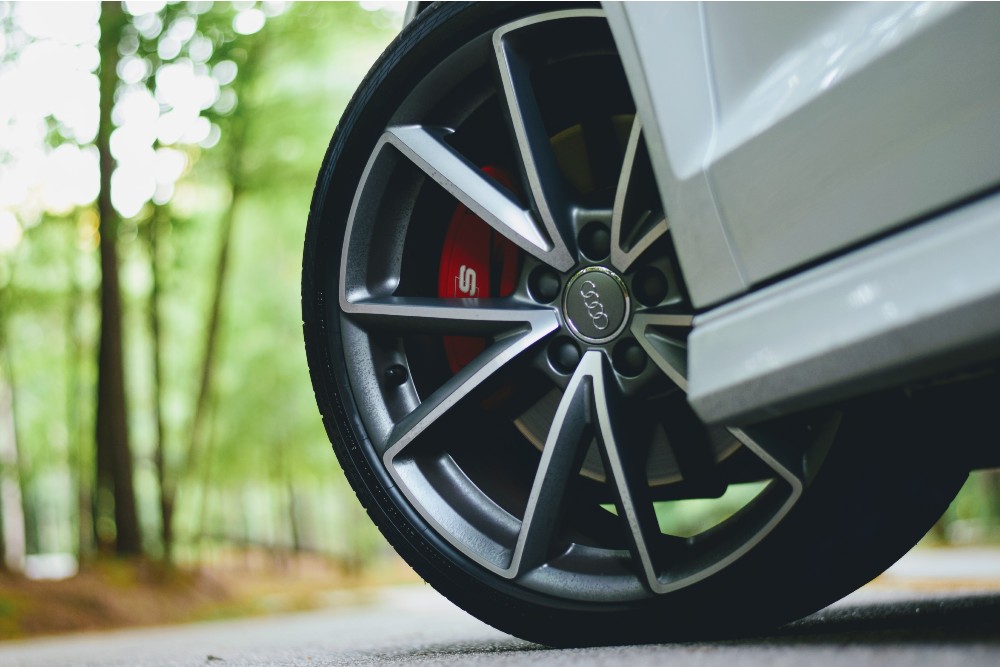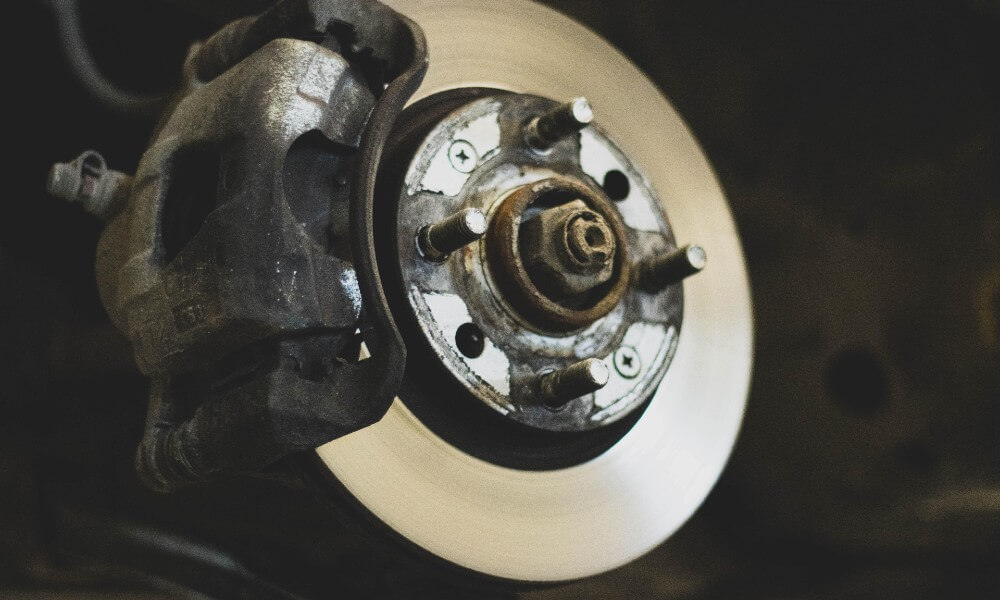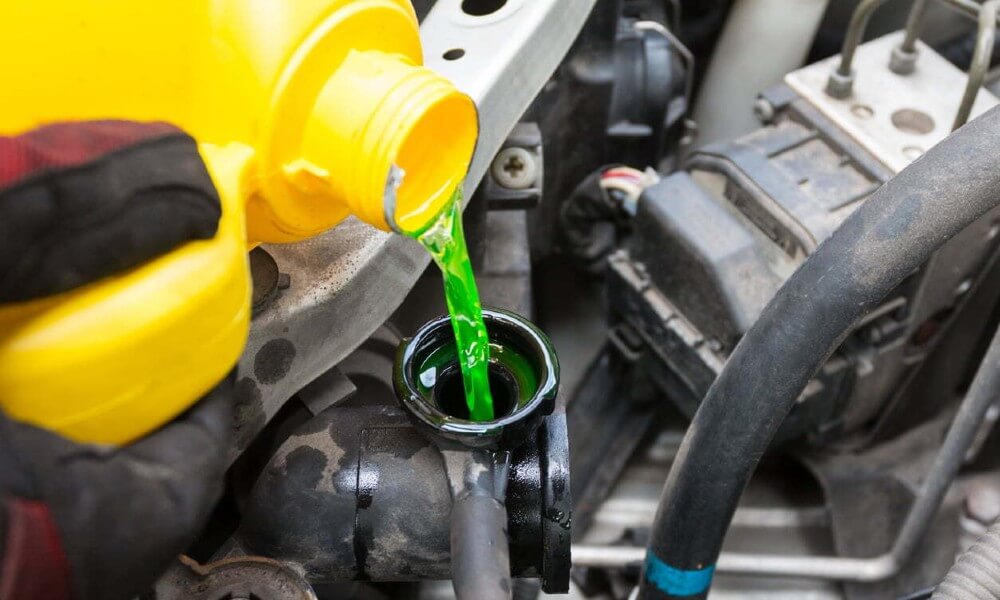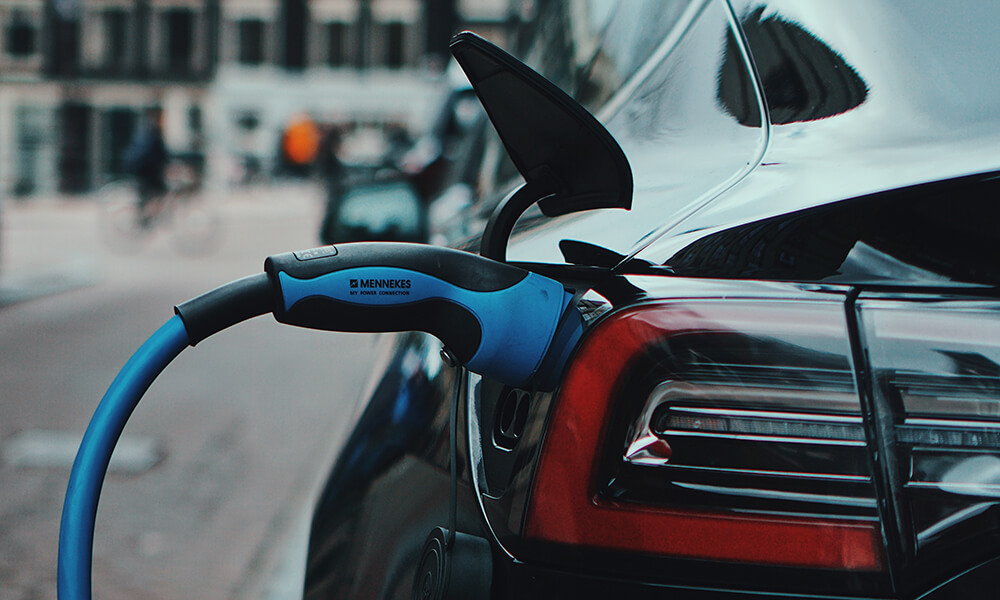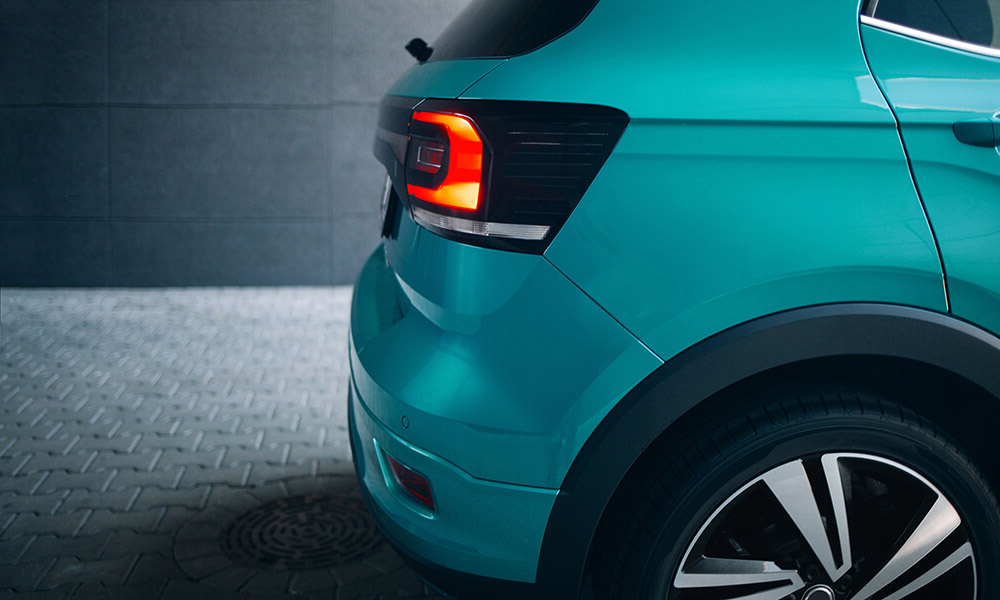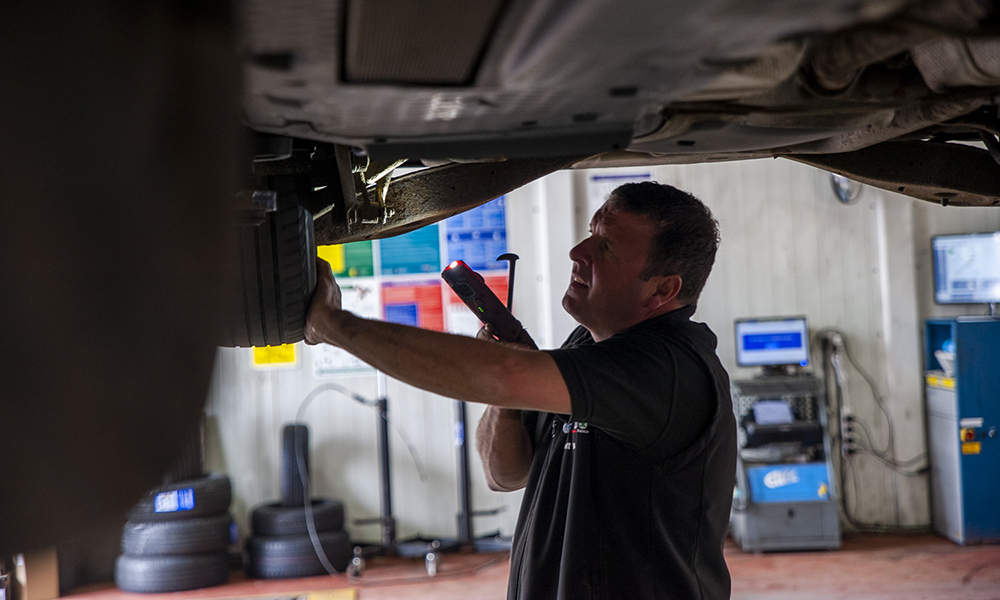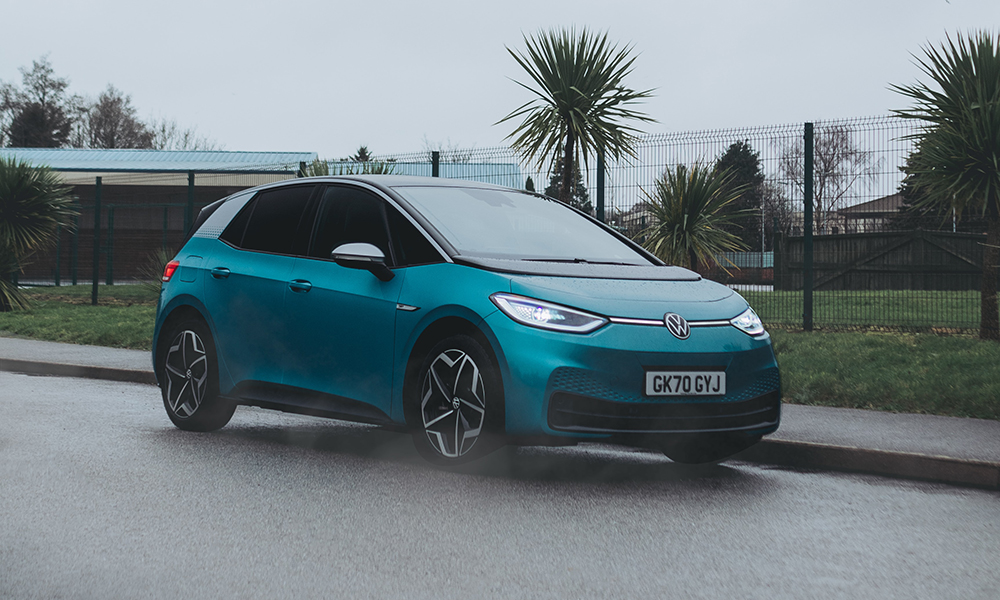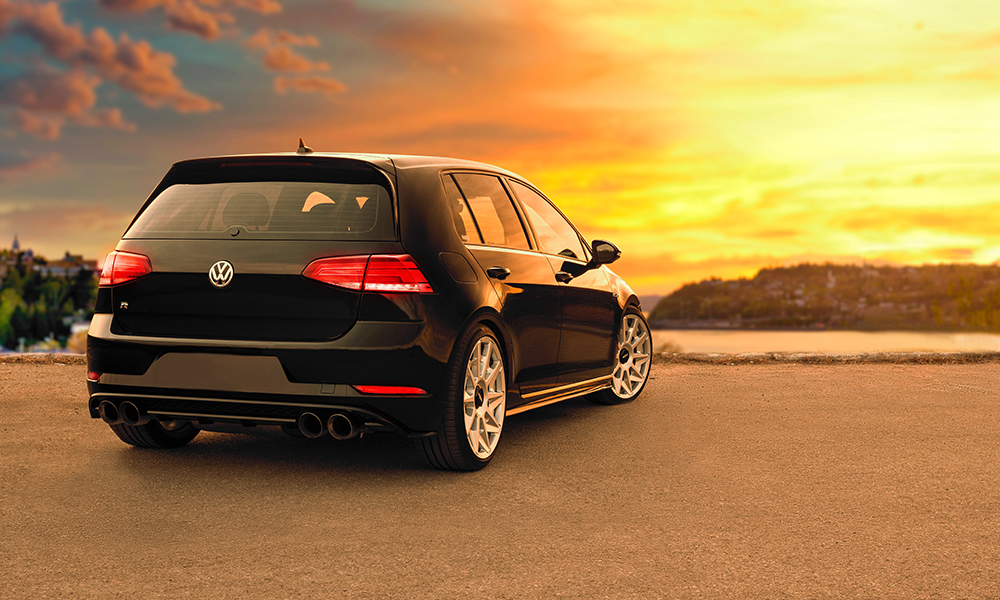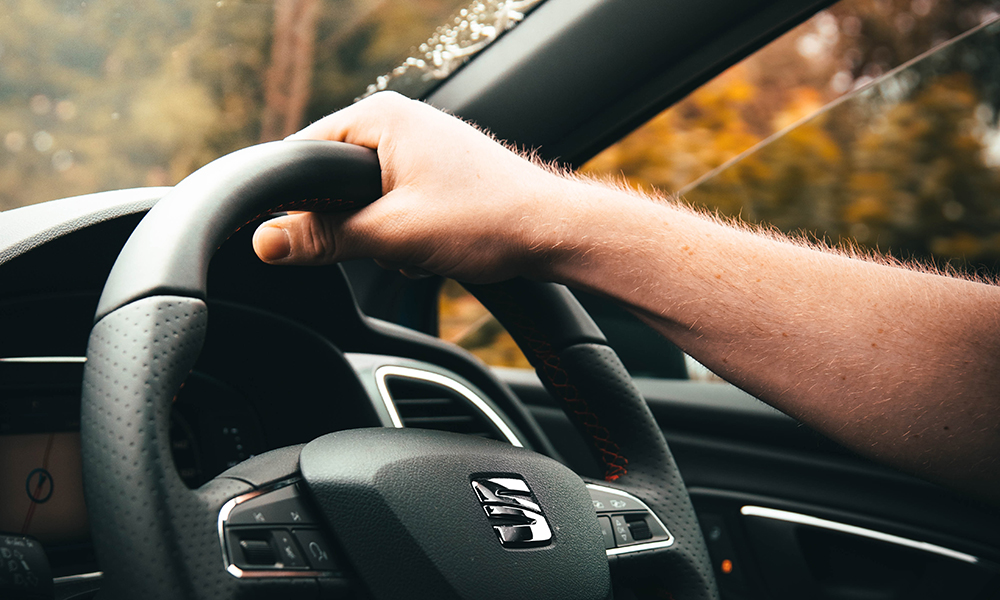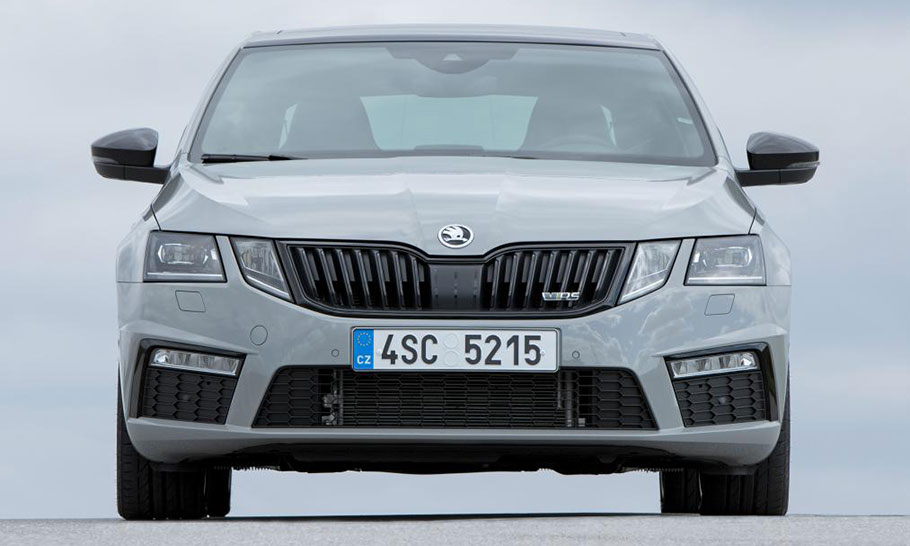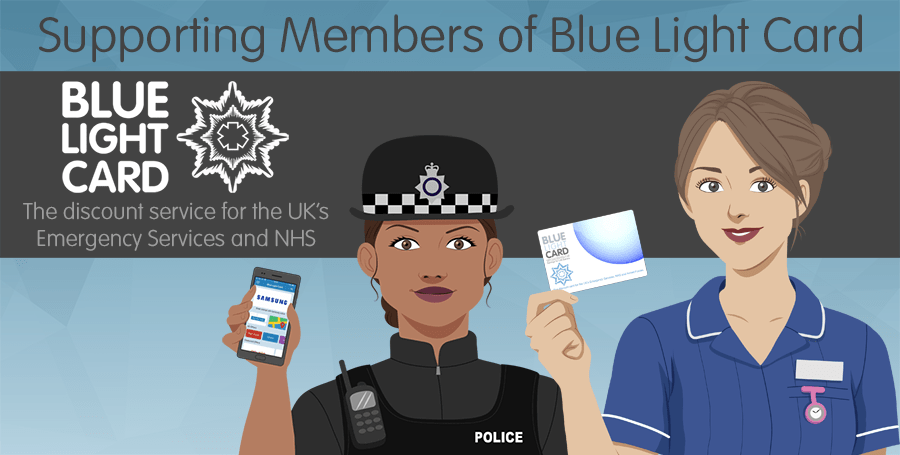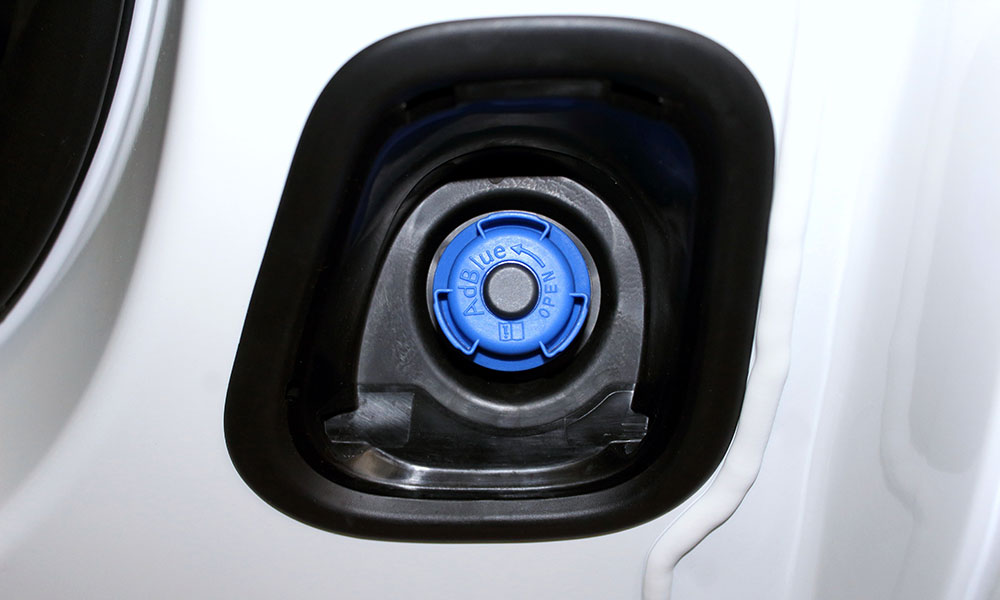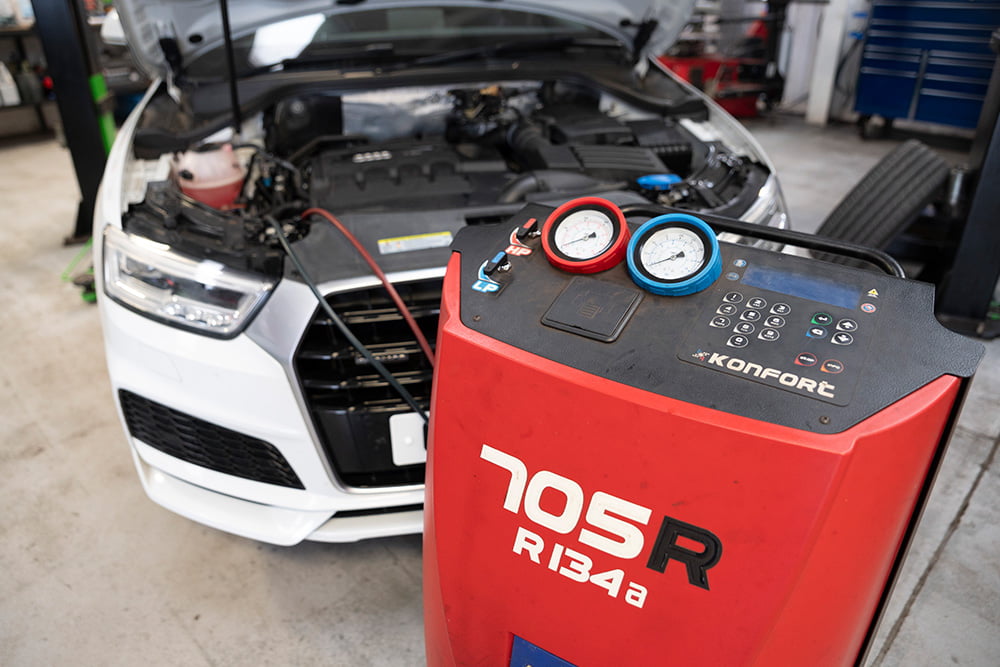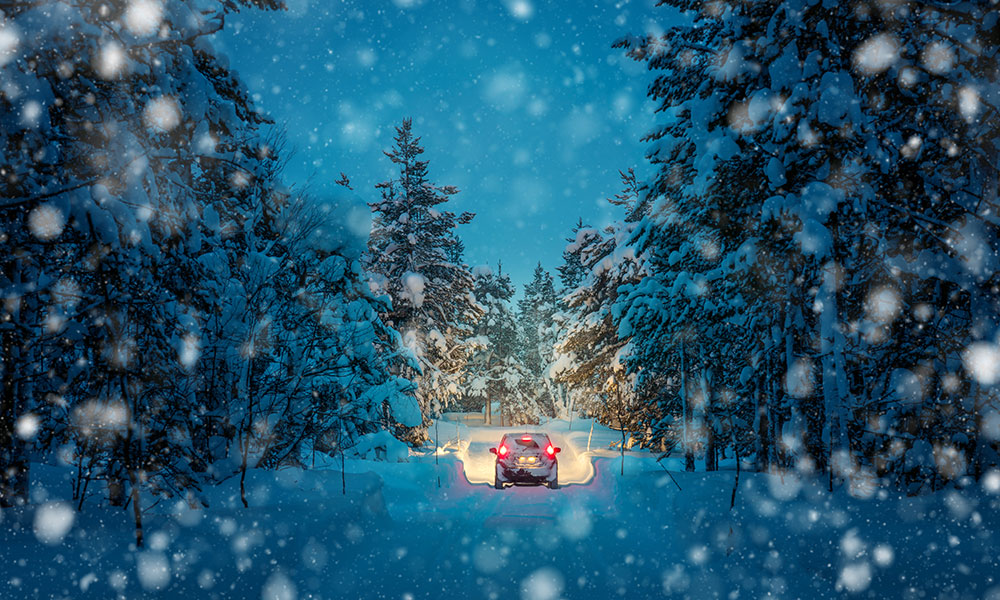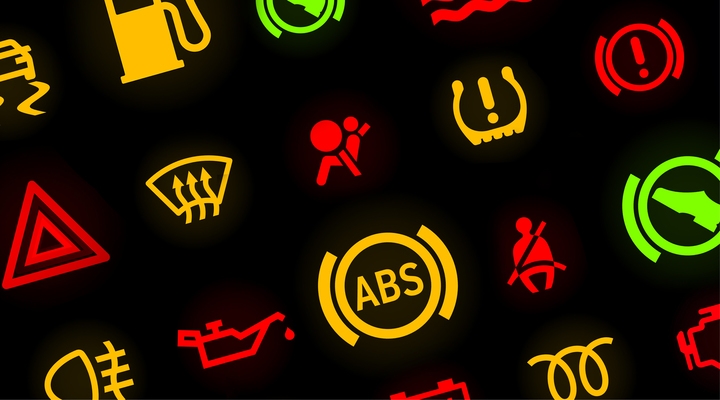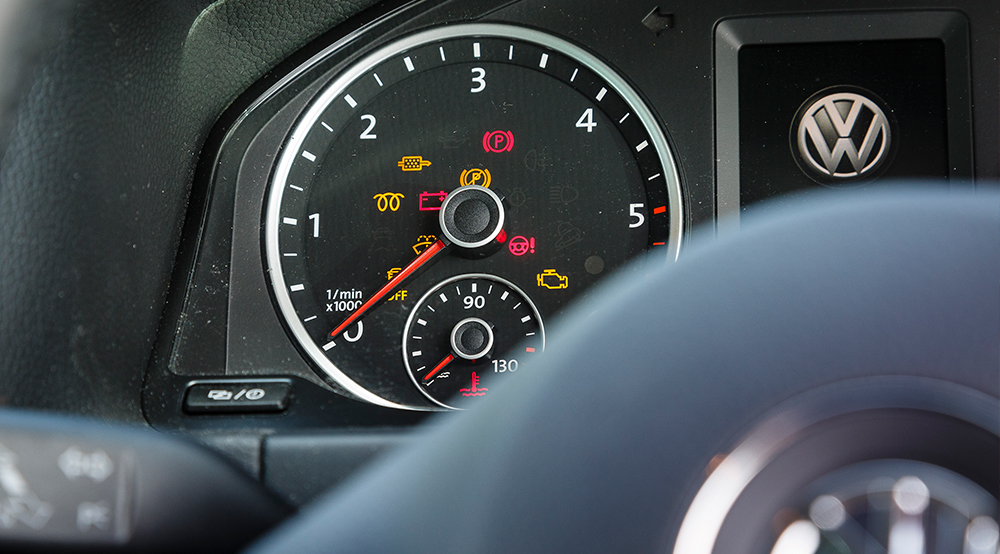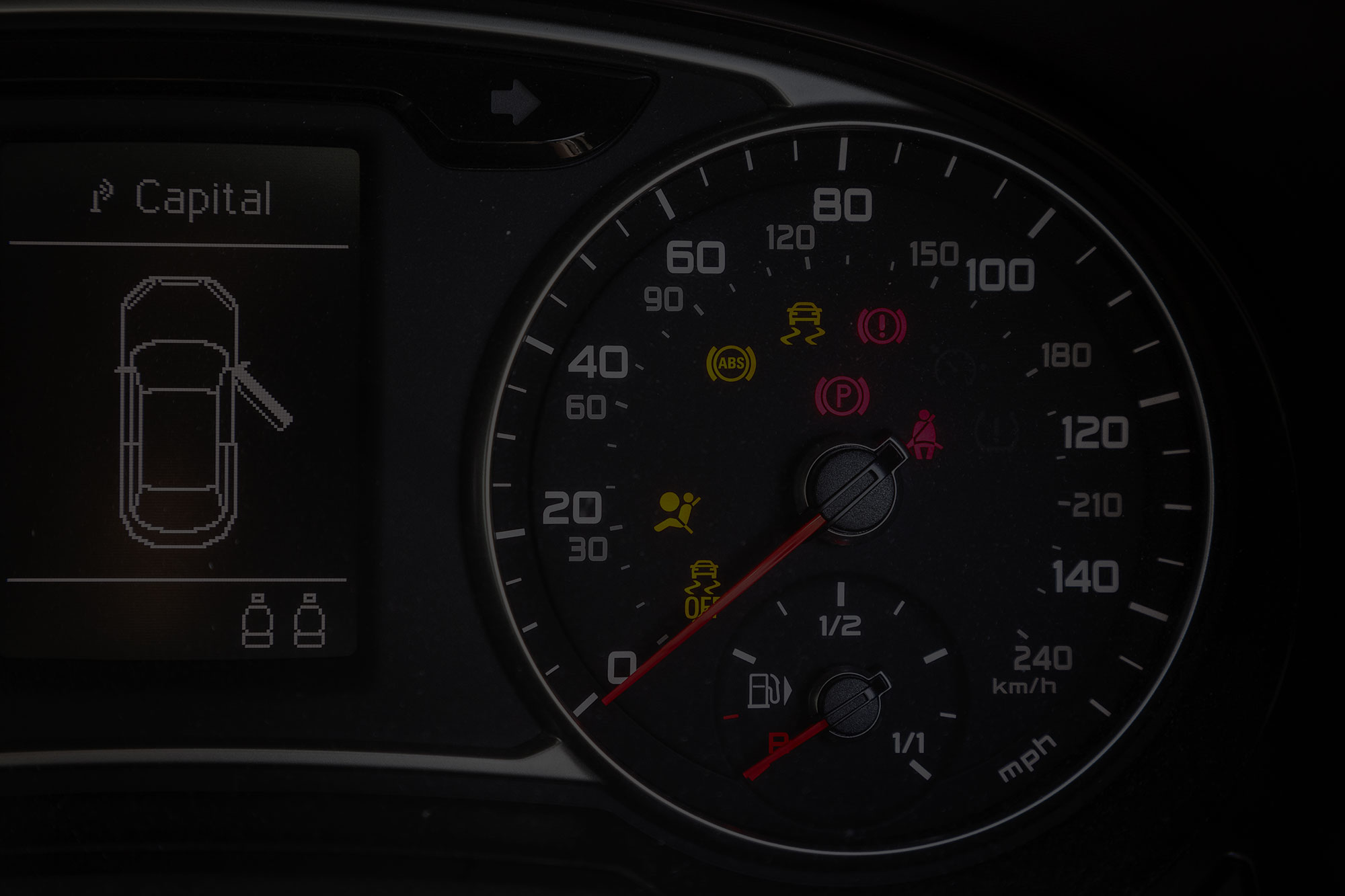Are winter tyres worth it?
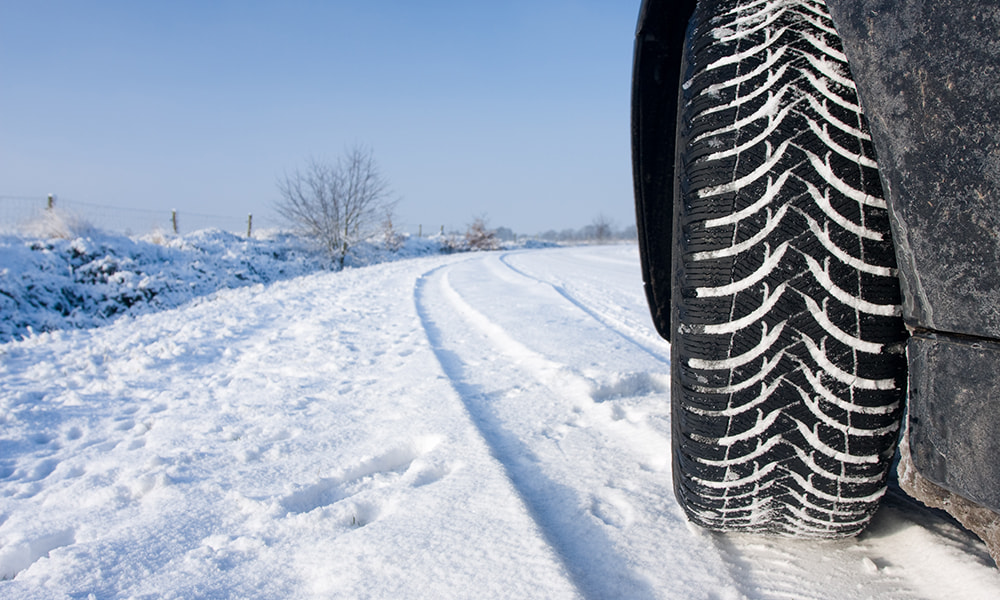
As we approach the winter months and the weather makes driving a little more unpredictable, it can be worth considering making some adjustments to your car. One question we often get at our Knaresborough garage is, are winter tyres worth it? Do they work, and if so, how?
Ultimately, winter tyres are a personal choice, but if you’re looking for that extra grip when driving in icy conditions or even the confidence to take to the road knowing you might come across some ice, it can help to have tyres that are specially adapted to the winter weather. Read on to find out how best to decide whether winter tyres are for you.
How do winter tyres work?
Winter tyres are good, but they’re not that good. There’s a common misconception that winter tyres feature studs or chains, that they’re designed to carry your three-door hatchback across Greenland in the depths of January. They’re also not designed for the arctic tundra or driving on ice, but instead are built to grip the road better, even if it’s dry outside. Thankfully winter tyres are created with a more realistic approach to the kind of weather and conditions you’ll be facing.
To the untrained eye, a winter tyre might look almost identical to a summer tyre, especially when on a car, but they are gaining traction amongst a growing number of drivers looking for greater control when on the road.
The easiest way to spot winter tyres is to look for the snowflake symbol on the side of the tyre; if not, you can always pop into our Knaresborough garage, and we’ll help you identify what season your tyres are best suited to.
What are the differences between summer and winter tyres?
Good winter tyres will have several subtle but beneficial differences to make them effective on winter roads. The first and most noticeable are the deeper tread patterns that allow snow to accumulate, a feature that, at first, can sound counterintuitive. However, there is science behind the design, nothing grips snow better than snow, and with wheels packed with the stuff, it can give you that extra traction to get you where you need to be.
The second difference is much harder to spot, built right into the wheel itself. The rubber composition in winter tyres involves much more silica which means the tyres can remain soft and supple even in lower temperatures. In fact, winter tyres operate best when used in temperatures below 7 degrees C. Normal or summer tyres can become rigid and unyielding in frigid temperatures making them more prone to skidding along surfaces rather than gripping them. The inflexibility doesn’t help when encountering debris on the road, something which happens more frequently once winter storms roll around.
The third difference makes a winter tyre more effective at gripping roads that may be slick with the slushy combination of snow, ice or and water. Covered in thousands of tiny grooves, these wrinkles (called sipes) make it easier to dispel water, which can help with the car’s grip and handling by preventing aquaplaning along wet surfaces.
The last significant difference is that a winter tyre’s rubber blocks are designed to vibrate when driven on so that when you leave a snowy road, the compacted snow is shaken loose, improving grip when on dryer roads.
What happens to winter tyres in summer?
Legally you can keep your winter tyres on all year round, and there’s no law forbidding it; however, it isn’t recommended. Your winter tyres may grip the road better in dry conditions, but it’s conditional; if the weather rises above 7 degrees celsius, your winter tyres are going to begin to wear out quicker. The warmer weather is also bad for the effectiveness of your winter tyre’s traction, taking away any of the efficiency they brought in the colder months. Many people swap out their tyres with the seasons as you might a coat, and generally, that’s good advice to follow both for your wallet and your handling.
Are winter tyres worth it?
Ultimately, we believe the safety afforded by winter tyres make them worth the added price. While the upfront cost of owning two sets of tyres may be enough to put you off, both sets will definitely last longer from being used only half the year. The reduced stopping distance and better handling make the purchase worth it, even in the UK.
If you need a hand deciding which tyres are best for you, or even if you need winter tyres, here at Vasstech Knaresborough, we can take you through the positives and negatives of each and fit any tyres you should set your sights on.
Similarly, if you want to contact us or arrange a visit regarding anything, tyres or otherwise, you can do so here.

